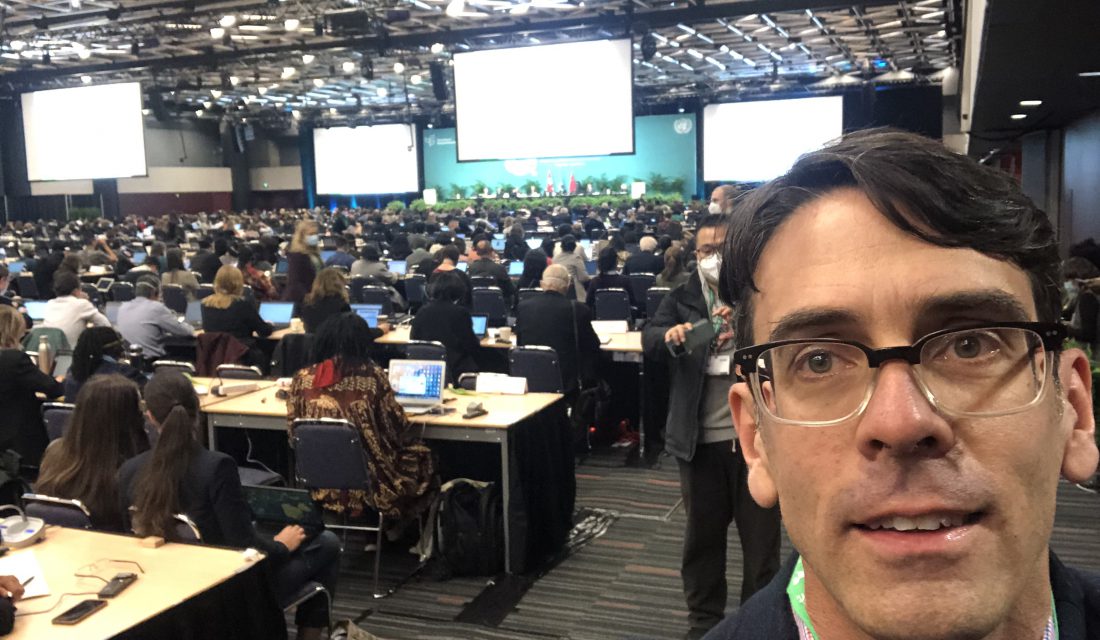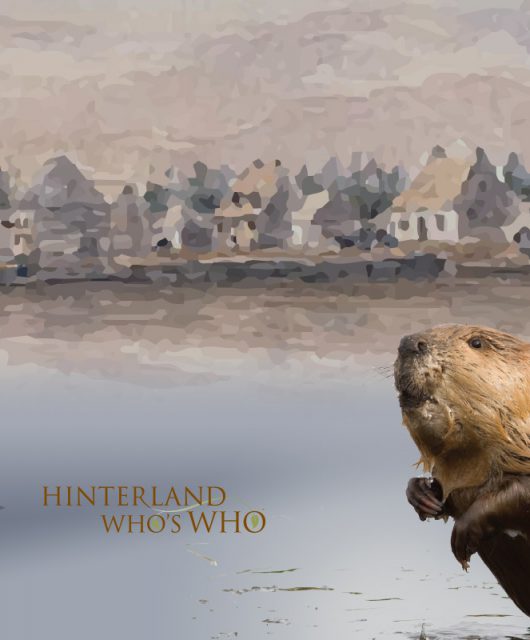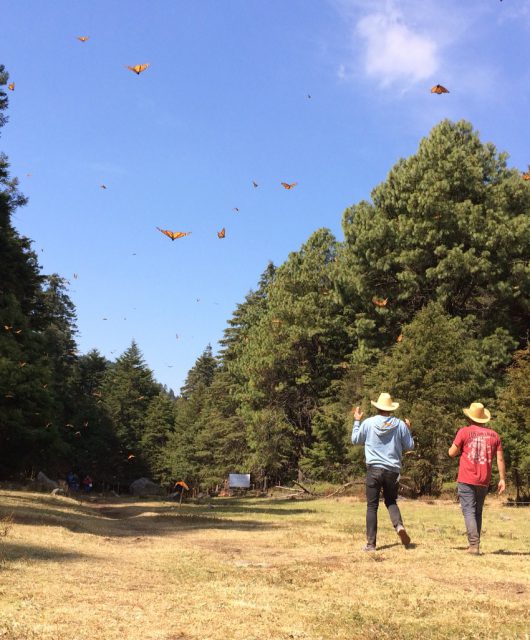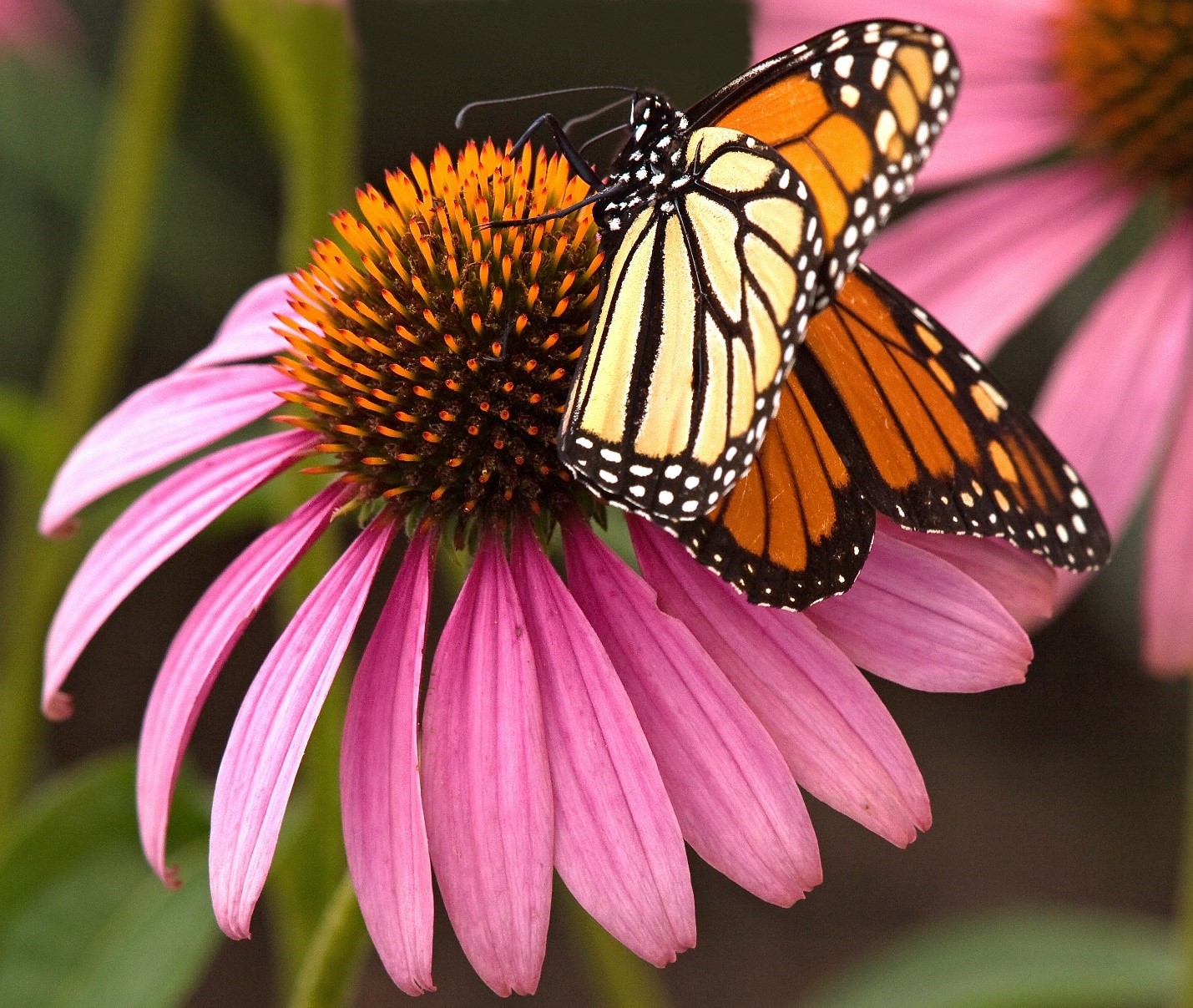The time is now for a new global agreement to halt and reverse biodiversity loss.
Over the next two weeks, Canada will host 195 countries and the European Union for the 15th Conference of the Parties (COP15) to the Convention on Biological Diversity.

The goal is to have all countries agree to goals and targets for the protection, restoration and sustainable management of all plants and animals and be accountable for their actions to protect biodiversity.
The actions that follow will need to be a transformation of how humans protect and use the natural world. Protecting the ecosystems that sustain us will mean rethinking things like how we grow and produce food and fiber, how we build and grow our cities, how we continue to move goods around the world without spreading invasive species and how we eliminate the release of harmful chemicals.
Biodiversity is lost when salmon and cod decline, moose and caribou become less common, or grasslands and old growth forests are lost. And that loss is happening at a faster rate and for more and more plants and animals in Canada and around the world. We need swift actions for hundreds of species and ecosystems.
The Canadian government has committed to halting and reversing nature loss by 2030 and needs to get serious about the causes of decline in Canada. Together with the provinces, territories and Indigenous Peoples, Canada must:
- Conserve and value nature across the landscapes and seascapes where people live and work.
- Commit to an increase of at least 15 per cent in the total area, connectivity and integrity of natural ecosystems.
- Commit to having 20 per cent of degraded ecosystems under restoration by 2030.
- Take meaningful actions to enable the recovery of species at risk by eliminating threats and protecting and restoring critical habitat.
The Canadian Wildlife Federation will be at COP15 pushing for strong goals and targets for the protection of wildlife and highlighting our work to conserve species and ecosystems. Our focus will be on strong targets to restore and connect habitat and make gains for wildlife on agricultural lands.
It’s not only governments around the world that must take action to halt and reverse the decline of biodiversity. To achieve these goals, we must all do our part for biodiversity. Whether you donate to CWF, manage lands with wildlife-friendly strategies, educate others or sign up for CWF citizen-science observation projects like iNaturalist, you are an important part of the biodiversity breakthrough.




